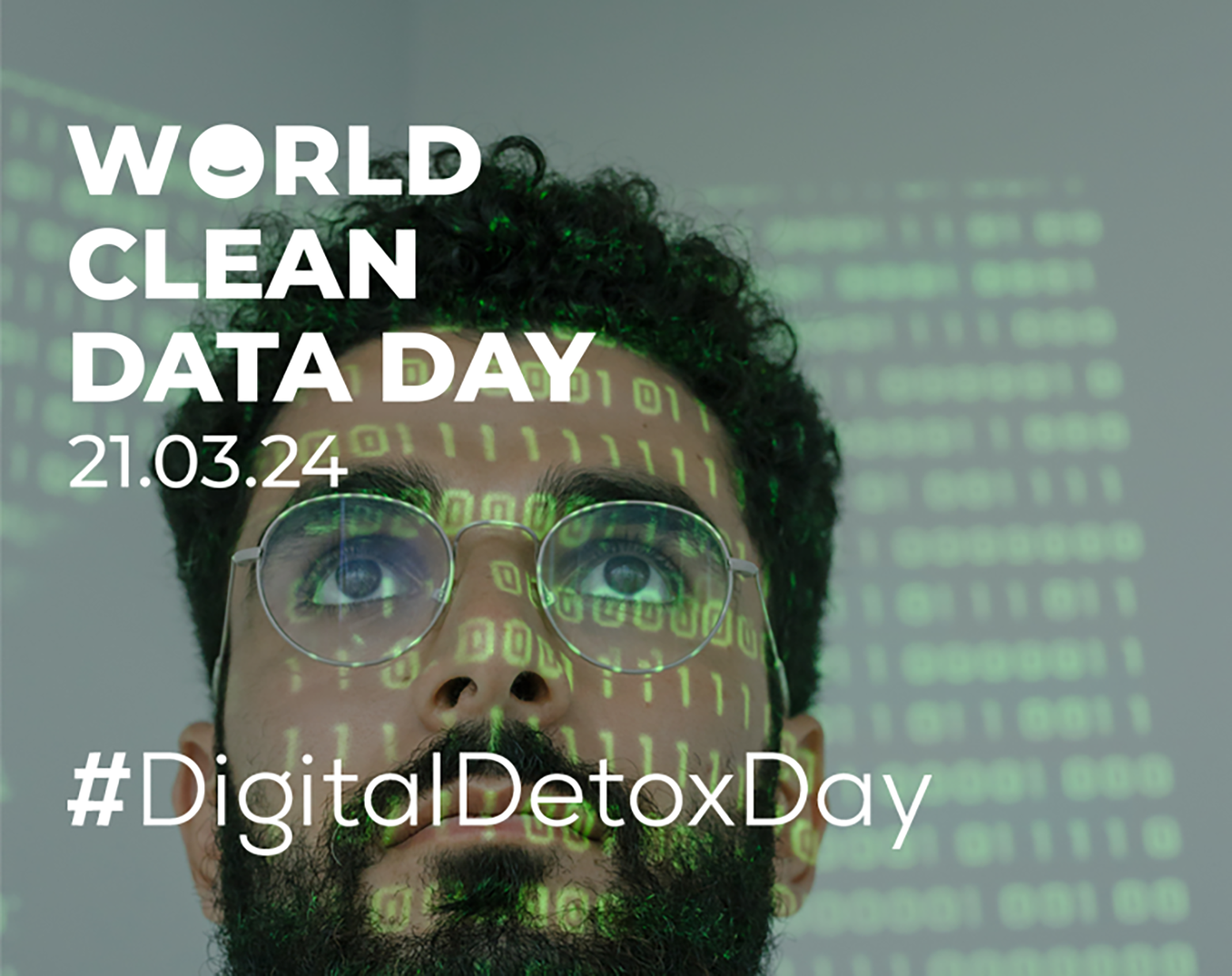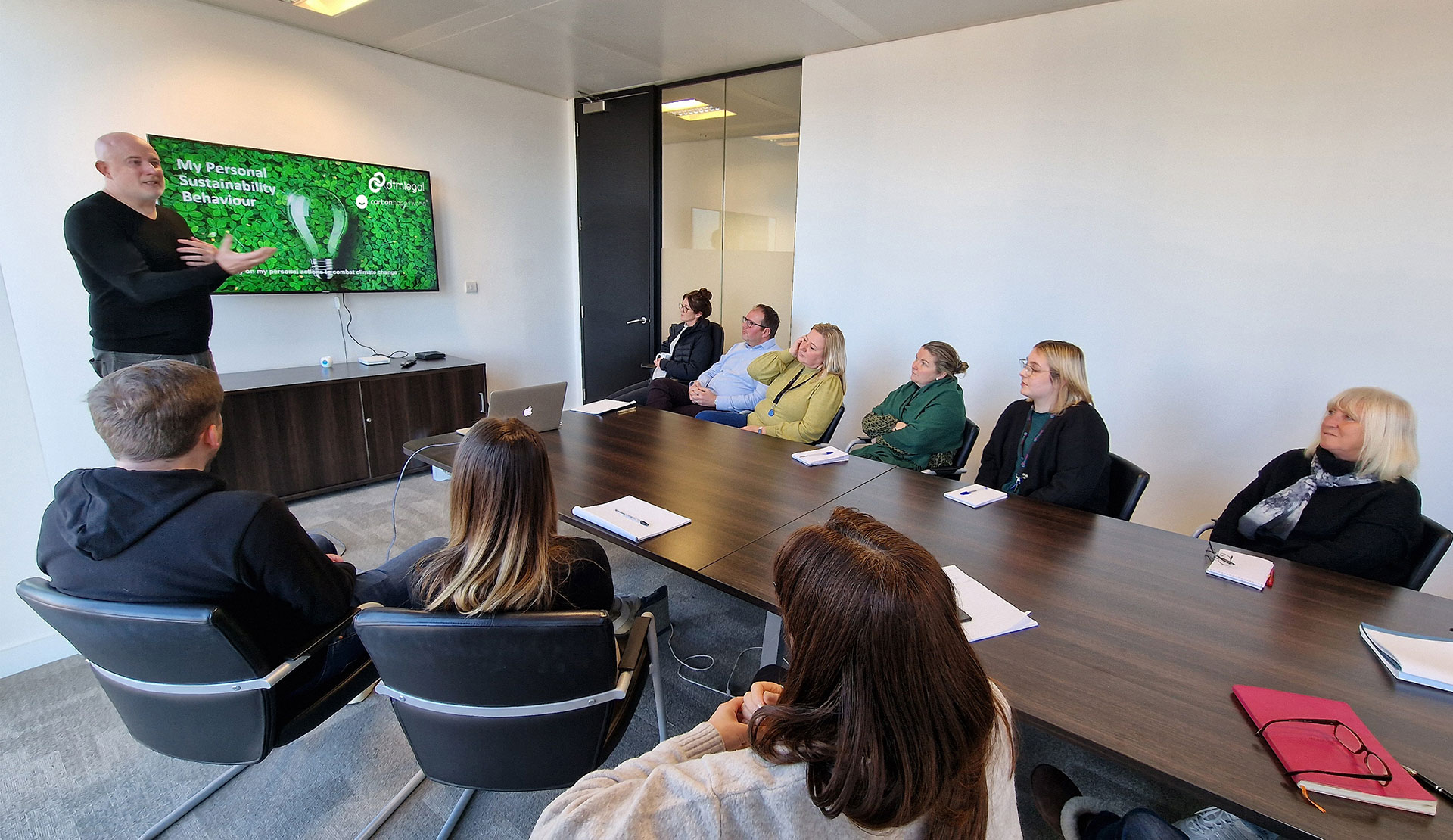
1) The outcome that is getting the most attention is the “Loss and Damage” for developing nations and those that are most under threat. It has taken so long to get the richer nations to agree to back the fund, that it is sadly out of date before it’s even started. Why?
Well the richer nations now want some of the emerging markets such as China and India to contribute, when this $100bn fund was first muted some 20 years ago, China & India as well as other nations were not in the mix.
Secondly, inflation is high and its not clear if the fund will find some type of facility to be index linked.
2) 1.5°C is still on table for the 200 nations and other institutions to aim for as a limit to the increase in global warming by 2030/31, but only just.
3) Indonesia has agreed to close all its coal fired power stations 7 years earlier than planned. So by the end of the decade, as part of the Just Transition Energy Partnership, it will begin decommissioning, already the country produces more energy than it can use, once they have untangled the capacity and debt web, it’s a major step forward.
4) In Africa, a new carbon market infrastructure initiative has been agreed, this will allow nations and businesses to sell carbon credits. This should incentivise the protection of natural habitats and the restoration of depleted ones.
5) Private sector philanthropy has moved a step forward and in some ways has helped plug the gap where the nations have failed to step up. Politically the Election of Luiz Inácio Lula da Silva has re-ignited the public partnership with Norway to protect the Amazon basin.
The not so favourable outcomes are particularly worrying.
1) 1.5°C by 2030/31 is touch and go, research by PRI suggests that a limit of 1.8°C is more likely by the same period.
2) Fossil fuels at COP27 are working at full throttle, over 600 gas and oil lobbyists attended COP 27 to keep the pressure on nations to stop fossil fuels going the same way as coal, as being phased out was not given much ‘oxygen’ by the African nations and unsurprisingly the oil rich nations. It’s only a matter of time before their luck runs out.
3) ‘Greenwashing’ is alive and well, oil and gas companies and fossil fuel producing nations are using the cover of blue hydrogen as a play for “low carbon” and a substitute for renewables. The fact is blue hydrogen affects the climate as much as methane or oil.
4) There was little or no attention given to land use, by that we mean agriculture, food and drink. This sector alone accounts for a massive 30% of all global emissions. Politicians are going to have to face the gross inequality in food distribution, use and wastage.
5) The Oceans are being sidelined, yet the contribution to solving the problem is more significant than reforestation, damage to coral reefs and sea grasses through increased sea temperature rise threaten one of our best hopes for taking carbon dioxide out of the planet’s ecosystems, we need to restore and protect what we can not see under the ocean.
Overall, COP27 yielded a mix of positive and negative outcomes in the fight against climate change. It’s clear that there is still a long way to go in the fight against climate change and it will take a collective effort from all nations, institutions and private sectors to achieve a sustainable future. In light of these COP27 outcomes, it is clear that businesses must take action to reduce their carbon footprint.
Carbon Happy World is here to help. We work with you to create a clear pathway to lower your carbon footprint. Join us in the fight against climate change and start reducing your carbon footprint today with Carbon Happy World.
More From The Blog

- World Clean Data Day 2024

- DTM Legal Partners with Carbon Happy World to Strengthen ESG Commitment in Liverpool City Region

- Embracing Sustainability: Your Pathway to Procurement Success

- What does the future of ESG Reporting look like?

- Carbon Happy World tell you what double materiality and ESG reporting is.
